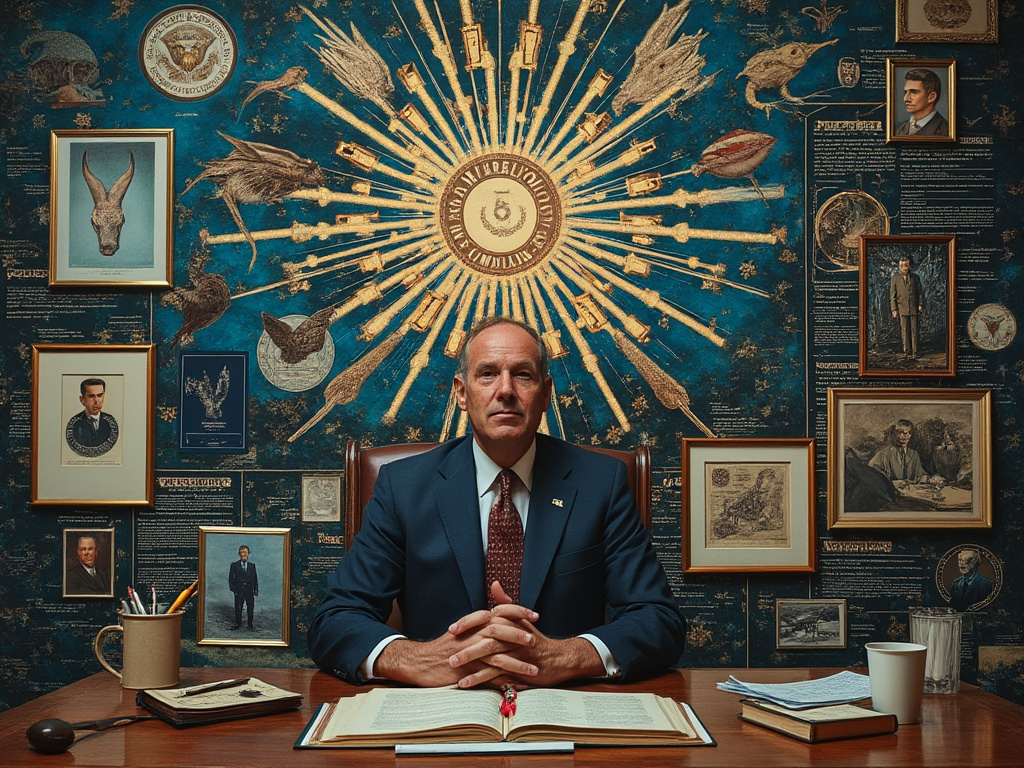Introduction
In a revelation that has sent shockwaves through the digital media landscape, the U.S. Department of Justice in September 2024 announced an indictment that peeled back the layers of a sophisticated Russian influence operation. This operation allegedly involved some of the most prominent right-wing influencers in the U.S., who were unknowingly contributing to a narrative agenda set by the Kremlin. Here’s a deep dive into the specifics of this intricate case.
The Indictment
The heart of the story lies in an indictment unsealed in the Southern District of New York, which implicated two Russian nationals, Kostiantyn Kalashnikov and Elena Afanasyeva, both associated with RT (formerly Russia Today), a state-controlled media outlet. They were charged with conspiracy to launder money and violations of the Foreign Agents Registration Act. The allegations state that they funneled approximately $10 million through a series of shell companies to a Tennessee-based entity, later identified as Tenet Media, to create and distribute content that was sympathetic to Russian interests.

The Influencers Involved
The influencers at the center of this storm include names like Tim Pool, Dave Rubin, and Benny Johnson, all known for their substantial followings on platforms like YouTube and X. These individuals, who have millions of followers, were approached by Tenet Media to produce content. They were promised significant financial compensation, with some reports suggesting payments of up to $400,000 a month for creating videos that, unbeknownst to them, often aligned with narratives beneficial to Russian geopolitical goals, including support for Russia’s actions in Ukraine.
The Deception
The influencers were led to believe they were working for a legitimate, independently-funded conservative media platform. They were given false information about the source of the company’s funding, with a fictional Hungarian businessman named “Eduard Grigoriann” presented as the investor. This deception was crucial, as it allowed the content creators to maintain plausible deniability about their involvement in any foreign influence operation. However, the influencers later claimed they were “duped,” asserting they had no knowledge that their content was part of a broader Russian strategy to sow discord in the U.S..
The Content and Impact
The content produced ranged from videos discussing U.S. domestic issues to subtly promoting narratives that could weaken American unity or support for policies against Russian interests. This included downplaying the significance of Russian actions in global politics, particularly regarding the war in Ukraine. The operation was not just about direct propaganda but also about exacerbating existing divisions within the U.S. political landscape, particularly among conservative audiences.
Legal and Ethical Implications
Legally, the influencers themselves are not charged, as the indictment focuses on the RT employees who allegedly orchestrated this funding scheme. However, this case has raised significant ethical questions about the transparency of funding in digital media and the susceptibility of influencers to manipulation by foreign entities. It has also sparked a conversation on the need for stricter regulations or at least better disclosure practices regarding where content creators’ funds come from

Public and Political Reaction
The reaction to this revelation has been polarized. Some see it as further evidence of Russian interference in U.S. elections, an issue that has been contentious since the 2016 election cycle. Others, particularly from the conservative side, have criticized the timing of the announcement, suggesting it’s an attempt to sway public opinion before the 2024 elections. Meanwhile, posts on X have shown a mix of outrage, skepticism, and calls for accountability, with some users questioning the integrity of political discourse when influenced by foreign money.
Conclusion
This case illustrates the complex interplay between digital media, political influence, and international relations. It serves as a cautionary tale about the impact of foreign funding in shaping public opinion, especially through channels that are perceived as independent. As the legal proceedings unfold, the broader implications for media ethics, national security, and the integrity of public discourse will continue to be debated. This story not only highlights the vulnerabilities of digital influencers but also underscores the persistent challenge of foreign influence in an increasingly interconnected media environment.





